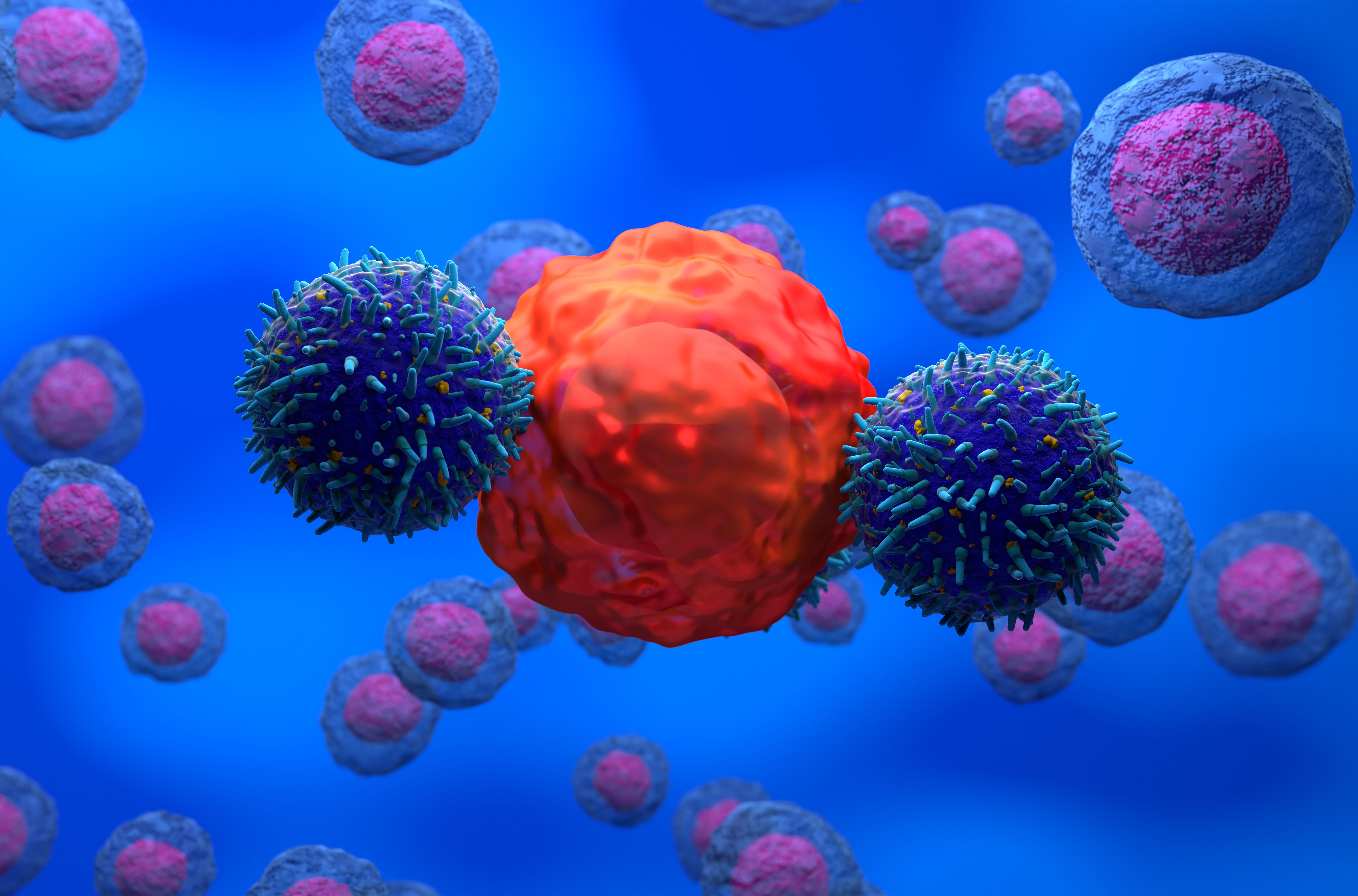FDA Initiates Investigation of CAR T Immunotherapies
The investigation follows reports of T-cell malignancies after treatment with chimeric antigen receptor T-cell immunotherapies.

- The FDA is looking into serious risks of T-cell malignancies in patients following treatment with a chimeric antigen receptor (CAR) T-cell therapies.
- No regulatory action has been taken yet.
- Adverse events were reported with all the FDA-approved CAR T-cell immunotherapy agents.
Following reports of T-cell malignancies in patients who received B-cell maturation agent (BCMA)- or CD19-directed autologous CAR T-cell immunotherapies, the FDA is investigating the risks.1
The risk of T-cell malignancies, including CAR-positive lymphoma, applies to all currently approved BCMA- and CD-19 directed CAR T-cell therapies, including:
- Idaecabtagene vicleucel (ide-cel, Abecma)
- Lisocabtagene maraleucel (liso-cel, Breyanzi)
- Ciltacabtagene autoleucel (cilta-cel, Carvykti)
- Tisagenlecleucel (tisa-cel, Kymriah)
- Brexucabtagene autoleucel (brexu-cel, Tecartus)
- Axicabtagene ciloleucel (axi-cel, Yescarta)
A total of 12 T-cell lymphoma cases have been reported through the FDA Adverse Event Reporting System (FAERS). This includes 7 patients who received tisa-cel, 3 axi-cel, 1 cilta-cel, and 1 liso-cel.2
CAR T-cell attack cancer cell and healthy cells © LASZLO - stock.adobe.com

“Although the overall benefits of these products continue to outweigh their potential risks for their approved uses, FDA is investigating the identified risk of T-cell malignancy with serious outcomes, including hospitalization and death, and is evaluating the need for regulatory action,” the FDA said in its announcement.1
The risk of developing secondary malignancies is a class warning for the above therapies, as it is for all gene therapy agents with lentiviral or retroviral vectors. The approvals of these agents were also contingent on 15-year observational safety follow-up, including assessing for the risk of secondary malignancies.1 Tisa-cel, the first CAR T-cell therapy to be approved in the United States, was only approved in 2017.3
The FDA has not yet issued any recalls or advisory council meetings. The FDA recommends lifelong monitoring for new malignancies in patients who have been treated with CAR T-cell therapy.1